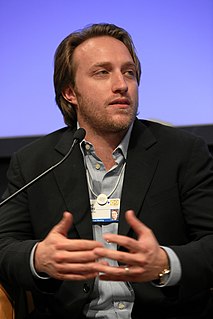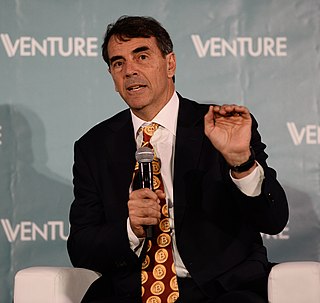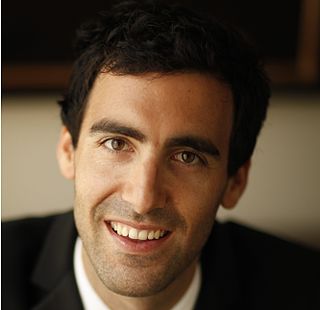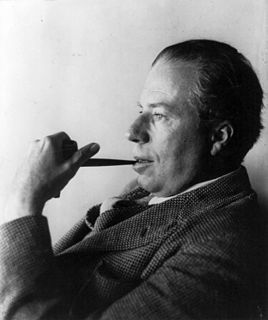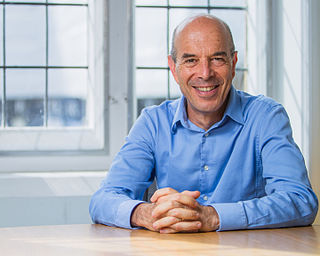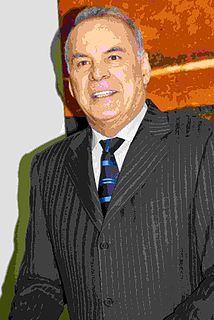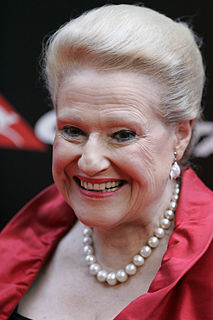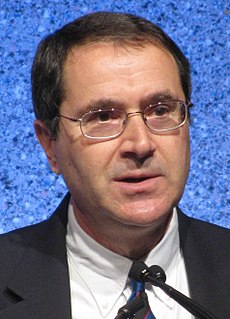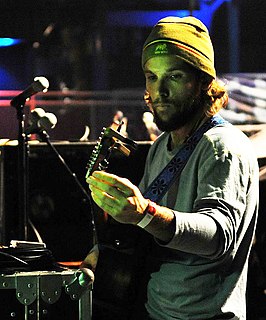A Quote by Chad Hurley
Every entrepreneur faces trade-offs when founding and growing their company. As we discovered at YouTube, those early decisions have far-reaching impacts and lead to unforeseen pitfalls down the road. Noam Wasserman uses vivid anecdotes and deep research to expertly outline the key early choices that define a startup, making The Founder's Dilemmas an invaluable alternative to real-world trial and error.
Quote Topics
Alternative
Anecdotes
Choices
Company
Decisions
Deep
Define
Dilemmas
Discovered
Down
Down The Road
Early
Entrepreneur
Error
Every
Faces
Far
Founder
Founding
Growing
Impacts
Invaluable
Key
Lead
Making
Outline
Pitfalls
Reaching
Real
Research
Road
Startup
Those
Trade
Trade-Off
Trial
Trial And Error
Unforeseen
Uses
Vivid
World
YouTube
Related Quotes
As a young entrepreneur starting an enterprise company, be prepared for the fact that you'll need to get involved in enterprise sales. Everyone wants to speak to the founder, and this is also how you'll get feedback on your product. It's worth bringing in early somebody with enterprise sales experience.
Continually one faces the horrible matter of making decisions. The solution is, as far as possible, to avoid conscious rational decisions and choices; simply to do what you find yourself doing; to float in the great current of life with as little friction as possible; to allow things to settle themselves, as indeed they do with the most infallible certainty.
